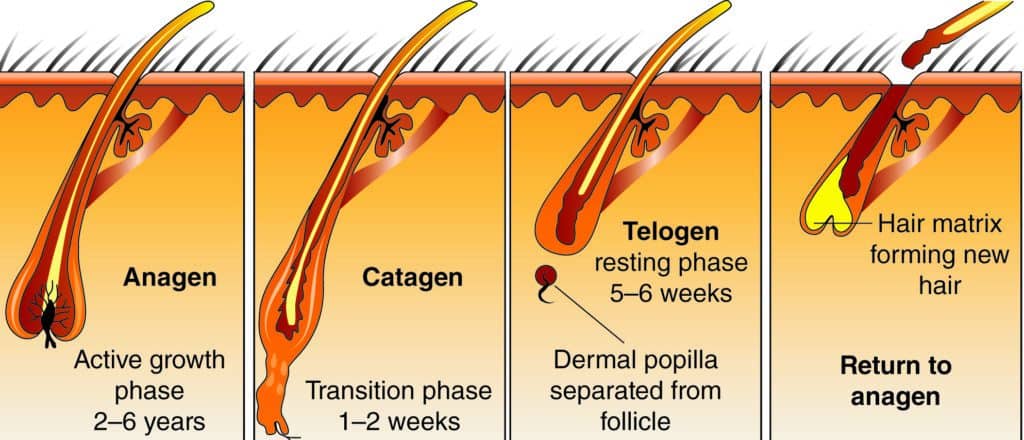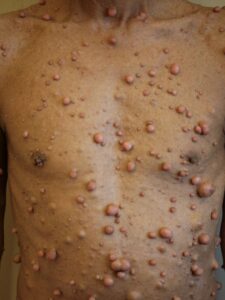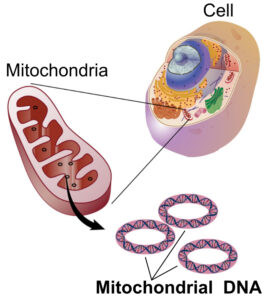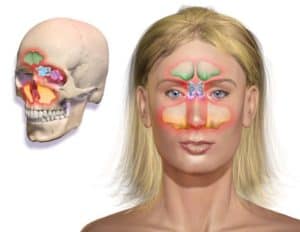In the course of pregnancy, women go through a lot of physical and hormonal changes. Women start to experience hair loss three to four months after childbirth. This event is known as postpartum hair loss. In medical science, this particular condition is termed ‘telogen effluvium’.
In a normal individual, it is okay to lose fifty to a hundred strands of hair daily. But females in their post-pregnancy period exceed the normal limit of hair loss. Most often this hair loss is temporary. One should not worry about this condition as the hairs are expected to re-grow.
Who gets affected?
A Study shows the ninety-eight percentage of mothers suffer some degree of postpartum hair loss. There is no significant relationship between breastfeeding and postpartum hair loss. Sixty-six percent of the cases return to normal within four to six months.
Hair growth cycle
Hair has three phases. Anagen phase means the growth phase. The resting phase is known as the telogen phase. Catagen phase means falling out of hair. Anagen phase persists for approximately three years and telogen remains three months. It may vary depending on individuals. During the telogen phase, hair remains in the follicle. Then it is pushed by the growth of new anagen hair.

Why does it happen?
Postpartum hair loss occurs because of the sudden changes of hormones in mothers’ bodies. Mostly the changes in progesterone and estrogen. Among them, estrogen is the leading factor that affects hair growth. During pregnancy estrogen hormone increases, as a result, more follicles enter into the growth phase other than the resting phase of the hair growth cycle. This makes the hairs grow faster during pregnancy.
After childbirth estrogen levels drop. Hairs go into the resting phase. Hair begins to shred after remaining in a resting phase for a hundred days. Afterward, a large number of hairs enter into the telogen phase at once so they face sudden hair loss. After the hair shredding the hair growth cycle starts again as normal.
Some important causes of hair loss after pregnancy
- Stress, nutrition can also play a vital role in this hair loss process. Normally hair loss after pregnancy is temporary. Usually, women tend to return to their normal hair growth cycle within six to twelve months after their childbirth. If it persists for more than a year or symptoms are more severe then she needs to consult a doctor.
- There may be other medical issues involved. In the case of iron deficiency anemia or thyroid disorder, a person can suffer inflammation of the thyroid gland known as thyroiditis leads to an imbalance of thyroid hormone. It affects hair growth.
- Some women have a positive family history of hair loss. But postpartum hair loss is not strongly associated with genetic factors.
Treatment
Since it is a normal phenomenon no need to worry about this. But one can prevent hair loss by maintaining a healthy diet and a healthy lifestyle. Gentle to moderate exercises boost your immunity.
- Apart from that consuming a healthy diet rich in vitamins and minerals helps you to recover your hair loss. Consuming peas, oranges, curd, sprouts, yeast, green leafy vegetables, whole grains, nuts, soya, and sprout are beneficial to prevent hair loss as they are rich in zinc, vitamin C, and B complex, vitamin B7 (biotin).
- Foods that are rich sources of protein are also important to prevent hair loss. Though the requirement of protein decreases in the post-pregnancy period still it is important in hair growth. Meat, dairy product, legumes, nuts are rich sources of protein.
- You can also take vitamin B complex, vitamin C, Vit E, Iron, zinc, and vitamin B7(biotin) supplements. But before taking them one needs to ensure it with their doctor. Eating lots of fresh vegetables, fruits will balance the diet.
- Taking plenty of water helps the mother to stay hydrated which is very important for them.
- Reducing stress levels is also another natural remedy to prevent excessive hair loss. Meditation and breathing exercises help one to become stress-free.
- Besides using shampoos and conditioners which can add volume to your hair can also be a good solution.
Some tips for hair regrowth
- Using curd as a conditioner is very effective. It enhances the nature of hair. One must apply it and keep it up to eight to ten minutes before rinsing it. Eating curd is as good as applying it to the hair.
- Castor oil contains unsaturated omega nine fatty acids. It advances hair development. It acts as a moisturizer for hair. For this reason, any woman going through postpartum hair fall may mix castor oil with coconut oil or almond oil and massage her hair gently with it.
- Another beneficial hair pack is mixing honey, olive oil, egg white, and keeping it on your hair. After twenty minutes rinse it with water.
- Fenugreek seeds are also good for hair development. keep the fenugreek seeds overnight in water and strain it then reuse it on your hair and scalp. After half an hour rinse your hair with fresh water.
- Using biotin conditioner is known as the best hair fall treatment. It diminishes hair fall. One should avoid using conditioner on the scalp. Rather use it on the hair end. Using heavy conditioner is also not good as it weighs down the hair. Trying out a lighter condition that is specially formulated for fine hair will be suitable for the new mother.
- Getting a good haircut will give a fresh look to the mother. Besides, your hair will look fuller by cutting it short. Avoid rough combing or brushing which can pull more hair. One should not make tight buns or braids, it will increase hair fall.
Outcome
Prognosis is excellent in almost all cases. Usually, no treatment is required. Recovery will occur in six months If anyone faces extreme hair loss, hair transplant surgery can be an option.
Further reading
For further information, you can read this article: https://www.webmd.com/skin-problems-and-treatments/hair-loss/effluviums
Read our polycystic ovary syndrome article: https://costamedic.com/pcos/



